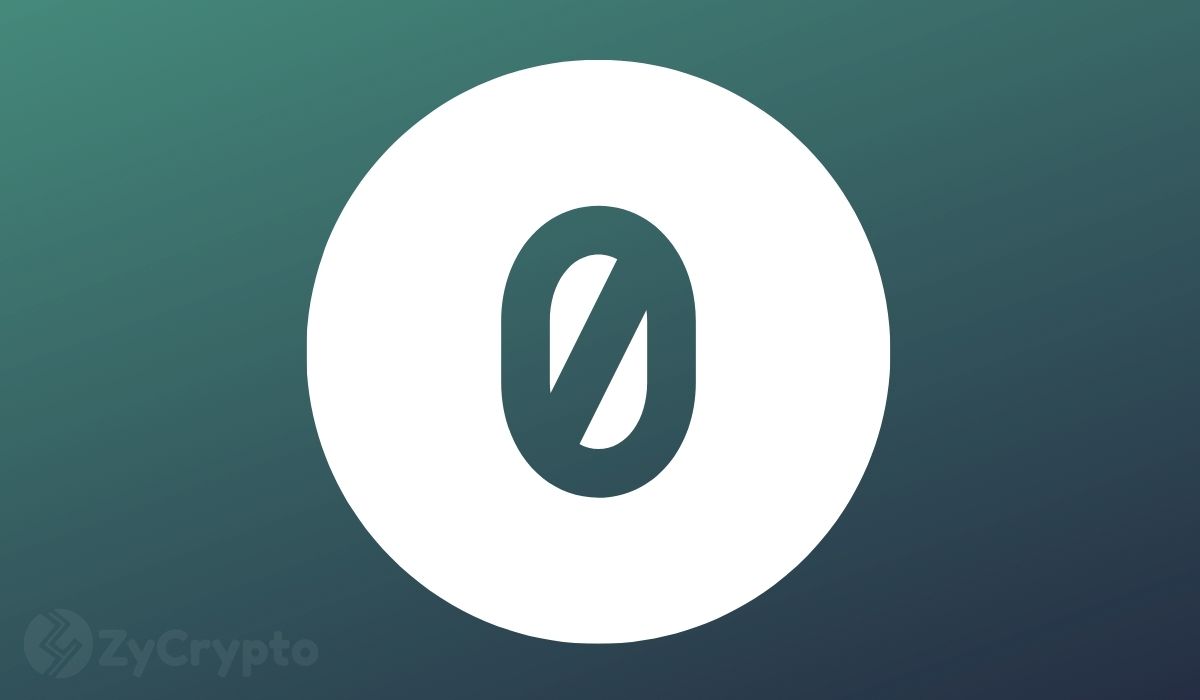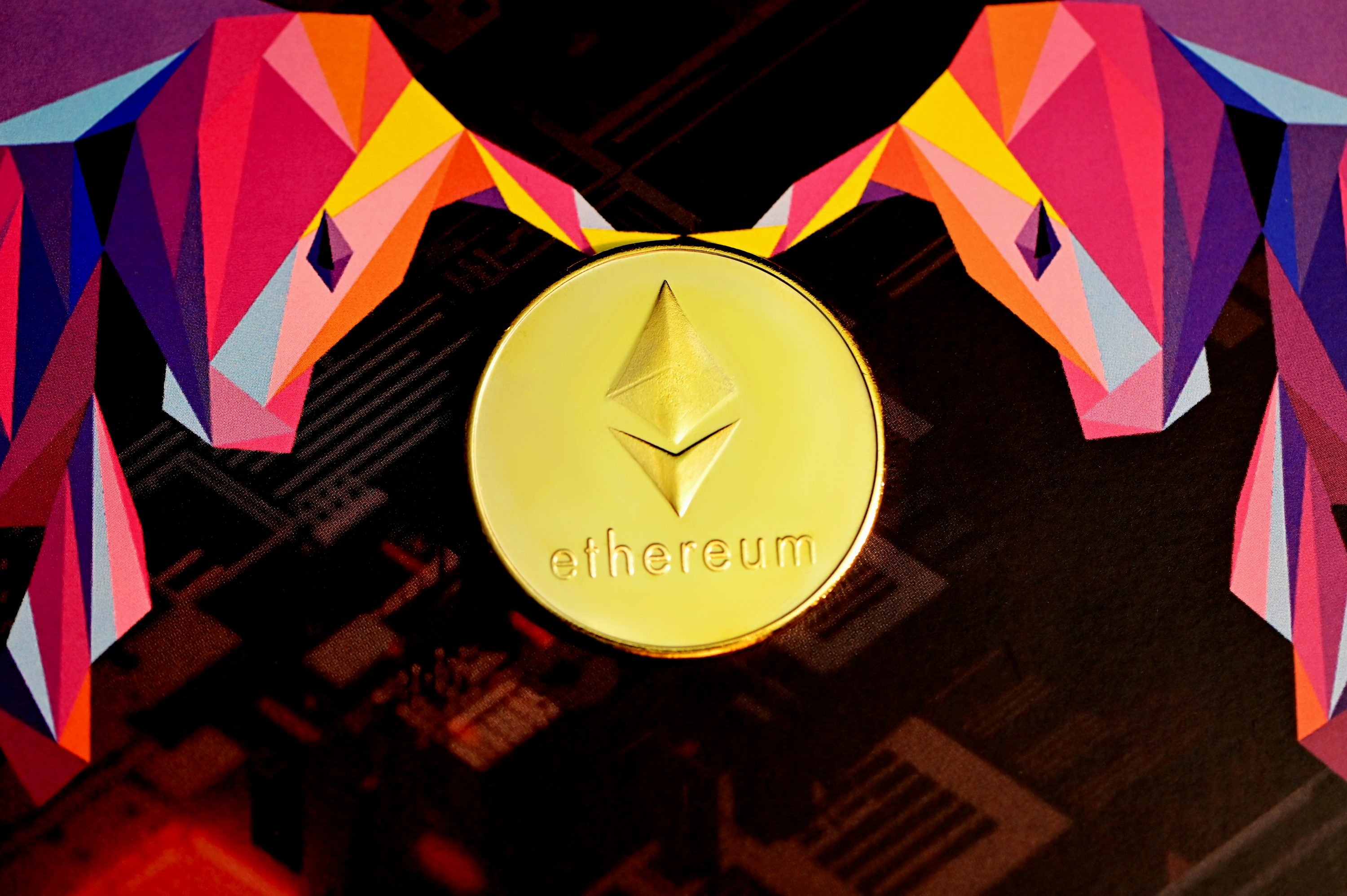Jack Dorsey’s Block Hit with $40 Million Fine Over Cash App’s Anti-Money Laundering Failures

Block, the crypto company that operates Cash App, was fined $40 million by New York’s financial regulator for failing to monitor and restrict money laundering on its platform. Block, formerly called Square, is owned by co-founder Jack Dorsey. New York’s Department of Financial Services (DFS) cited money laundering flaws, know-your-customer gaps, and issues relating to the Bank Secrecy Act. In January, the company agreed to pay a fine of $80 million to multiple states for similar problems.
The DFS argued that Block did not have adequate risk assessments regarding the nature of their transactions, allowing gaps for illegal transactions such as terrorism funding. Cash App began offering Bitcoin transactions in 2018 and, according to the DFS, did not create enough oversight to monitor the types of transactions being processed. Cash App has experienced exclusive growth since that time, making it a particularly vulnerable platform for money laundering.
Block has been ordered to seek outside help to monitor its transactions on Cash App and improve its service. The DFS concludes that Block had loose transaction standards and that, as a result, anonymous transactions were being processed regularly.
“This marks the resolution”, said Block spokeswoman, “of all previously pending state money transmission license matters. The department has acknowledged that Cash App has devoted significant financial and other resources to compliance remediation and enhancements. We share the department’s dedication to addressing industry challenges and remain committed to investing across our operations to help promote a safe and healthy financial system”.
Adrienne Harris, DFS superintendent, announced the $40 million fine against Block for its anti-money laundering procedures and virtual currency compliance deficiencies. The fines relate to the Cash App platform, owned by Block. Harris points out that the company failed to monitor transactions adequately and had no procedure to identify customers properly. As part of the settlement with Block, the company must hire an external monitor to help it overcome these issues. There has also grown a large backlog of issues due to the company’s rapid growth. Block has responded to the charges and states that they disagree with the verdict but are committed to improving their service.
The DFS reported that between 2018 and 2021, Cash App had accumulated many backlogs. In 2020, the number of logs grew to over 169,000. Response times were especially dismal, with some alerts taking over a year for Cash App to respond. DFS also had an issue with Block’s annotation of transactions. Block would label transactions associated with mixers as medium risk. Meanwhile, the DFS believes those transactions should be labelled as high risk.
Jack Dorsey’s Block Hit with $40 Million Fine Over Cash App’s Anti-Money Laundering Failures

Block, the crypto company that operates Cash App, was fined $40 million by New York’s financial regulator for failing to monitor and restrict money laundering on its platform. Block, formerly called Square, is owned by co-founder Jack Dorsey. New York’s Department of Financial Services (DFS) cited money laundering flaws, know-your-customer gaps, and issues relating to the Bank Secrecy Act. In January, the company agreed to pay a fine of $80 million to multiple states for similar problems.
The DFS argued that Block did not have adequate risk assessments regarding the nature of their transactions, allowing gaps for illegal transactions such as terrorism funding. Cash App began offering Bitcoin transactions in 2018 and, according to the DFS, did not create enough oversight to monitor the types of transactions being processed. Cash App has experienced exclusive growth since that time, making it a particularly vulnerable platform for money laundering.
Block has been ordered to seek outside help to monitor its transactions on Cash App and improve its service. The DFS concludes that Block had loose transaction standards and that, as a result, anonymous transactions were being processed regularly.
“This marks the resolution”, said Block spokeswoman, “of all previously pending state money transmission license matters. The department has acknowledged that Cash App has devoted significant financial and other resources to compliance remediation and enhancements. We share the department’s dedication to addressing industry challenges and remain committed to investing across our operations to help promote a safe and healthy financial system”.
Adrienne Harris, DFS superintendent, announced the $40 million fine against Block for its anti-money laundering procedures and virtual currency compliance deficiencies. The fines relate to the Cash App platform, owned by Block. Harris points out that the company failed to monitor transactions adequately and had no procedure to identify customers properly. As part of the settlement with Block, the company must hire an external monitor to help it overcome these issues. There has also grown a large backlog of issues due to the company’s rapid growth. Block has responded to the charges and states that they disagree with the verdict but are committed to improving their service.
The DFS reported that between 2018 and 2021, Cash App had accumulated many backlogs. In 2020, the number of logs grew to over 169,000. Response times were especially dismal, with some alerts taking over a year for Cash App to respond. DFS also had an issue with Block’s annotation of transactions. Block would label transactions associated with mixers as medium risk. Meanwhile, the DFS believes those transactions should be labelled as high risk.

